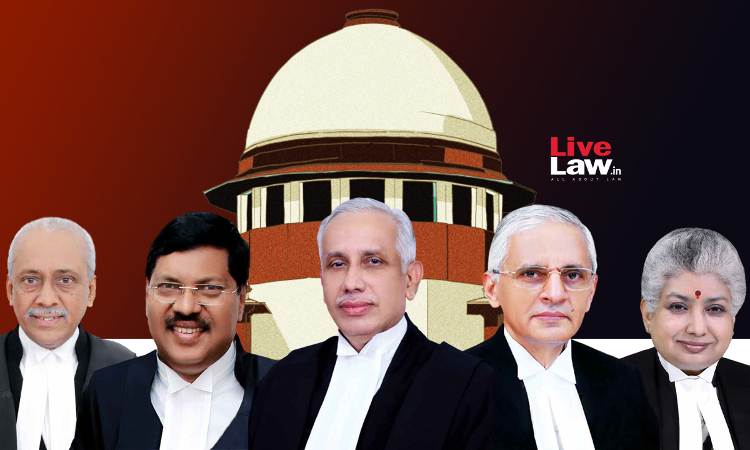The Supreme Court Constitution Bench comprising Justices S. Abdul Nazeer, B.R. Gavai, A.S. Bopanna, V. Ramasubramanian and B.V. Nagarathna has held that additional restrictions, not found in Article 19(2), cannot be imposed on the exercise of right to free speech under Article 19(1)(a) of Ministers, MPs and MLAs. It held that the grounds mentioned in Article 19(2) for restricting free speech...

